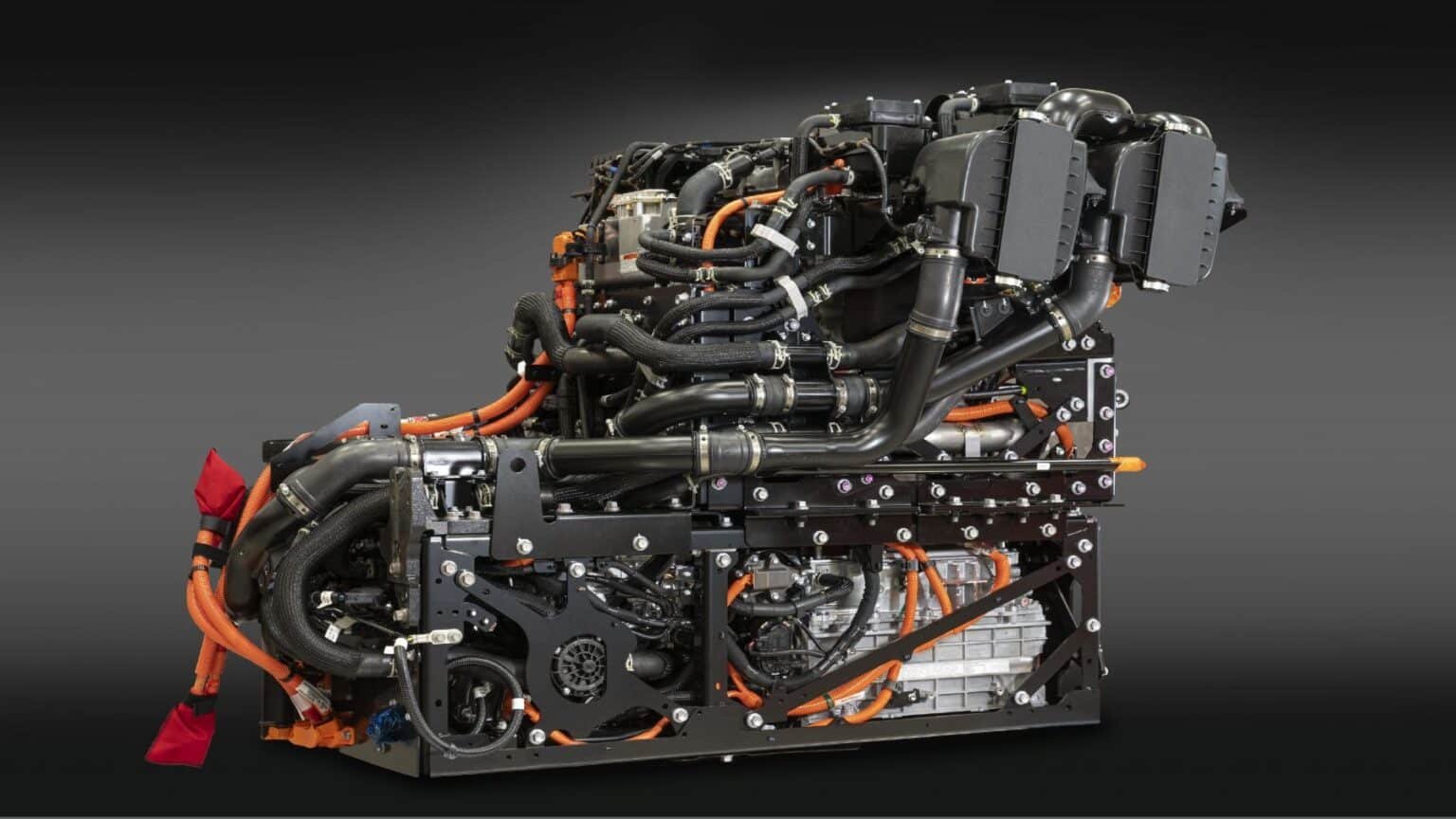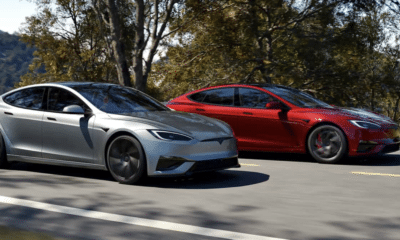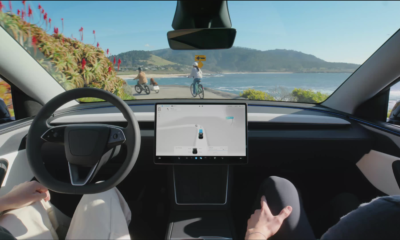Toyota Unveils Groundbreaking Hydrogen Combustion Engine
In a stunning revelation, Toyota has introduced an engine that combines traditional combustion technology with zero-emission potential, shaking the foundations of the automotive industry. The newly unveiled hydrogen-powered combustion engine signals a bold shift, suggesting that the future of green transportation may not solely belong to electric vehicles (EVs) but also to hydrogen-powered alternatives.
Toyota’s latest innovation builds on its long legacy of pioneering technologies. In 1997, it introduced the world’s first mass-produced hybrid, the Prius. However, this new hydrogen engine marks a significant leap forward. The engine is based on the 1.6-liter turbocharged three-cylinder used in Toyota’s GR Corolla and GR Yaris models, but it replaces gasoline with hydrogen as the primary fuel. This substitution drastically reduces emissions while preserving the performance and driving experience cherished by car enthusiasts.
One of the hydrogen engine’s key advantages is its ability to bridge the gap between sustainability and high-performance driving. While electric vehicles offer environmental benefits, they often lack the visceral experience of traditional gasoline-powered cars. Toyota’s hydrogen engine delivers a combustion engine’s familiar rumble and responsiveness while maintaining its green credentials. Rigorous testing in extreme motorsport conditions, such as the Fuji 24 Hours race, has proven the engine’s reliability and performance under stress.
Toyota believes hydrogen power could solve several issues that plague electric vehicles, including long charging times and performance limitations in extreme climates. Hydrogen cars can be refuelled in just 90 seconds, a fraction of the time it takes to recharge an electric vehicle. Also, hydrogen can remain stable at freezing temperatures as low as -435°F, making it more versatile for harsh environmental conditions.
Another advantage of hydrogen combustion is its reliance on abundant materials, unlike EVs, which depend on scarce resources such as lithium and nickel for their batteries. This makes hydrogen a potentially more sustainable option in the long run.
While hydrogen combustion technology offers exciting potential, it faces challenges, such as high combustion temperatures affecting engine durability. Toyota has made breakthroughs by developing water-cooled hydrogen systems, which stabilize the engine’s performance and extend its lifespan.
Infrastructure development also remains a hurdle. However, Toyota, along with other members of the Hydrogen Council, has committed billions of dollars to expand hydrogen refuelling networks globally. With hydrogen-powered cars already in production, such as Toyota’s Mirai, and growing demand in regions like California and Europe, Toyota is betting on hydrogen as a significant player in the future of sustainable transportation.
As governments and industries push toward carbon neutrality, Toyota’s hydrogen combustion engine could be a game-changer, offering a new path to zero-emission mobility.













































Pingback: Hydrogen Cars and the Hyundai Nexo: Future of Fuel-Cell Vehicles
Pingback: Hydrogen Cars and the Hyundai Nexo: A Look into the Future of Fuel-Cell Vehicles – carsnspeed.net